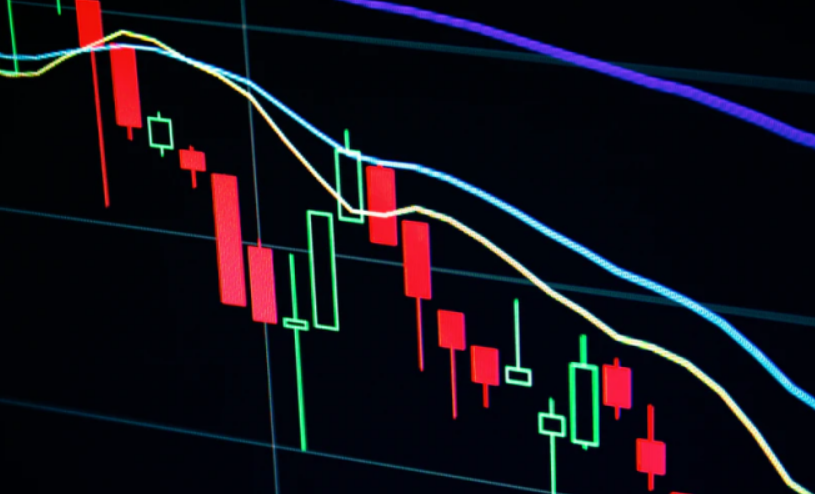Methods Used to Determine Value in Futures Markets
Nov 08, 2023 By Susan Kelly
The price at which a willing buyer and seller can agree is the fair market value of a property. The stock market determines the genuine worth of stock. When a subsidiary's financial statements are consolidated with the parent's, fair value is also used to show the value of the subsidiary's assets and liabilities.
The fair value of a stock index futures contract is the theoretical price determined by the current value of the index, the dividends paid on stocks in the index, the number of days until the futures contract expires, and the current interest rate.
In-Depth Evaluation of Current Market Conditions The fair value of an index can be calculated by deducting the futures price from the price at which the index's constituent stocks can be purchased individually.
Fair value, in other words, is the price at which something would be bought or sold if the transaction were entirely between willing parties. Fair value and market value are used to provide valuation estimates of an asset. In proper value accounting, liabilities and assets are recorded at their current market values.
Investment at a Reasonable Cost

The genuine market value of a company's shares is typically determined through the company's listing on a stock exchange. The market value of a stock, as determined by the bid and ask prices that occur due to investor demand, is a significant factor in an investor's determination of the stock's fair value.
Compare the fair value estimate to the current market price to help a buyer or seller decide whether to enter the market. Investing is often done at fair value because that is the price at which the investor can expect to earn a satisfactory rate of return and experience acceptable growth.
Investors may elect to buy shares of stock if they believe the current market price of $95 is below their estimate of their fair worth of $100 per share. This investment is unlikely to go through because the current market price of $120 is lower than the investor's valuation.
The fair value of a derivative is established by reference to the value of an underlying asset. A 50-call option grants the buyer the right, for a specified period, to purchase 100 shares of stock for $50 per share options worth increases in parallel with the stock's value in the market.
Having an Understanding of What Value Is

The futures market fair value is the equilibrium price at which supply and demand are at equilibrium. It's the same as the current price, except for interest earned and dividends lost since the futures contract was purchased instead of the actual shares.
Assigning a value to an asset without a healthy market is difficult. Fair value is determined by discounting the sum of the cash outlay to acquire the equipment and the sum of the cash inflows expected from its use during its useful life.
When the financial statements of one company (the parent) are combined with those of another (the subsidiary), fair value is applied. The assets and debts of a company are recorded at their fair market value when the parent company buys an interest in the subsidiary.
Get the current worth of a made-up investment.
Price concerning what would be considered a reasonable selling price Fair value is the price that can be agreed upon by two parties when considering the interests, risks, and future goals of the thing in question. Fair value, as opposed to market value, more accurately depicts the worth of an object.
An asset or liability's "market value" is the current and openly available price at which it may be sold. Since it reflects the investment's actual worth as defined by market operations, it is subject to more frequent fluctuations than fair value.
Value-to-Cost Projection Ratio
Typically, this price is displayed online and on financial news networks immediately before the markets open for trading. One way to gauge the market's general sentiment is through fair value. The futures price may deviate from the actual value of a contract due to temporary shifts in demand and supply. When determining fair value, the most recent futures contract is usually used instead of one for a later month.
This gap could be exploited by those who anticipate that the futures price of the S&P 500 will converge with the fair value price. An arbitrageur takes advantage of a price difference by simultaneously buying and selling an asset. Arbitrage is the practice of profiting from the price differences between two or more financial assets that are identical but traded on different markets or presented differently.

Know-how
What is Homeowner’s Insurance?
Owing a home can be costly. As the value of the property increases, the cost to make repairs to the house also increases, which affects the insurance premium.
Learn More
Investment
Wealthsimple Review 2023: Everything You Need To Know
Wealthsimple is a great option for savers and investors of any age who are ready to take the next step toward financial independence
Learn More
Banking
All About the Checking Accounts the Ultra Rich Use
The use of checking accounts by Ultra Rich is the subject of this article. Ultra Rich is a term for extremely wealthy people. You'll discover more about the accounts used for the Ultra Rich through this article.
Learn More
Investment
A Primer On 401(k) Rollovers For Novices
you may need to transfer funds out of your 401(k) if you are moving jobs or if you are unhappy with the investment alternatives available to you through your current employer's retirement plan (k). A 401(k) rollover is the term for this strategy. When deciding where to send money from a 401(k) rollover, you have several alternatives (k)
Learn More
Know-how
Managing Finances in Small Business: Practical Tips and Strategies
Tips for small business financial management. Strategies for maintaining healthy business finances.
Learn More
Know-how
Best Insurance Everyone Needs
Purchasing the appropriate insurance policies will go a long way toward assisting you in protecting both your ability to make money and the things you own from a variety of potential risks
Learn More